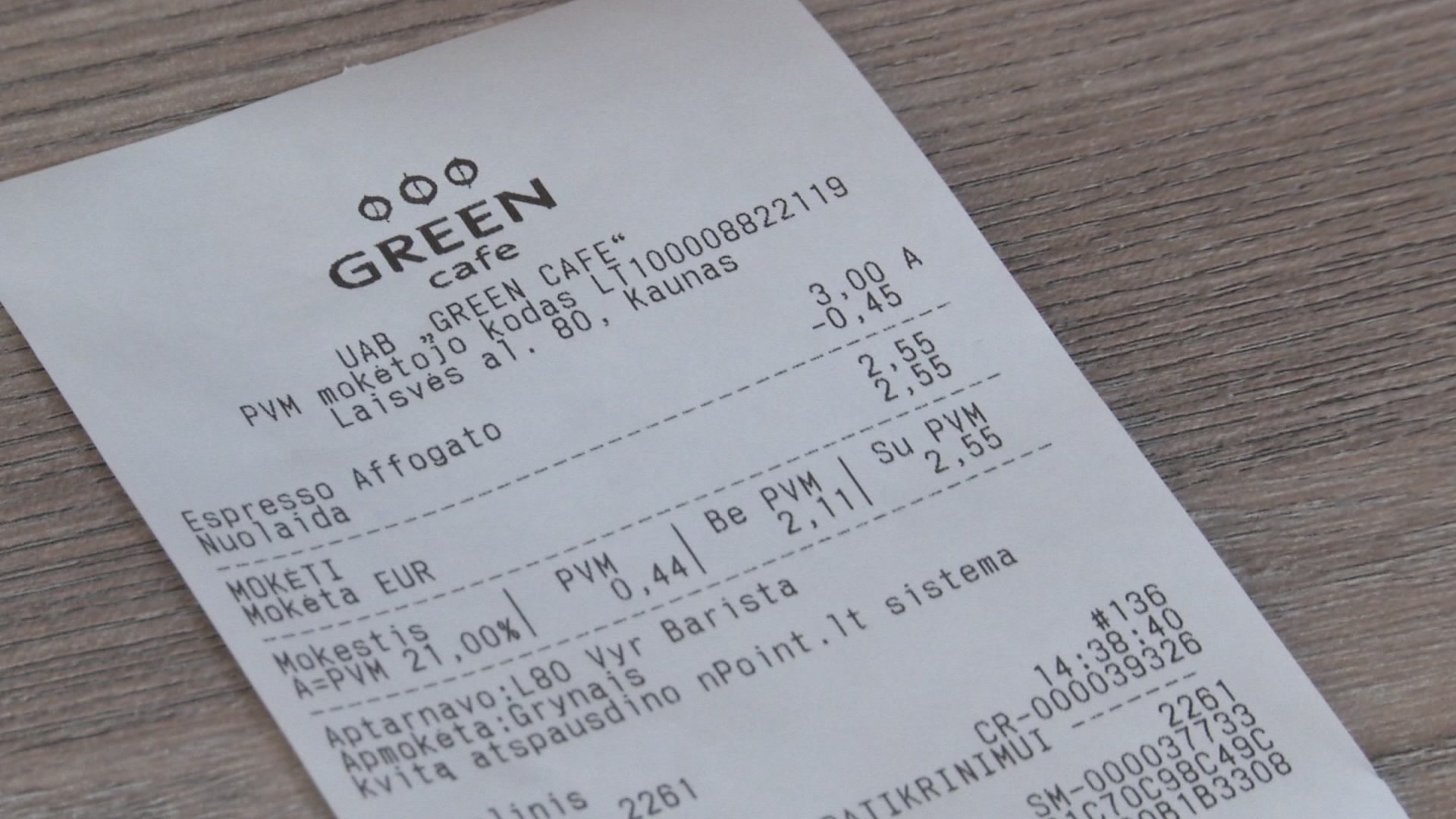« Di Welt »: Bulgaria Before the euro – « Fast to wash the money »

Bulgaria has strict provisions against money laundering, but it thrives: a large amount of dirty money should be washed before the euro is introduced, and buying a property is the preferred way to do so, Di Welt reports.
The Bulgarian real estate market has been developing rapidly: in recent years, prices in Sofia and in other major cities have increased incredibly, and brokers testify to buyers who are taking several dwellings at a time, writes the German Di Welt.
Impossible property prices
In just two years – from 2022 to 2024 – the average price per square meter of new construction has doubled. Since then, prices have continued to rise, only since the beginning of the year in the big cities, they have jumped by 15 percent compared to 2024, it is clear from one of the large real estate portals. The German edition also informed that in Sofia the square meter costs an average of 2,000 euros, but it could reach 4000 in the most sought after neighborhoods. However, there are also prices of 10,000 – in the luxury segment.
Di Welt also talks about the rumors wearing in Sofia who buy homes in Vienna, Berlin or Barcelona because they cannot afford a purchase in Sofia. And all this is happening in the poorest country in the EU, the publication emphasizes.
Experts are of the opinion that excessive demand is also due to certain people who are preparing for the admission of the euro in the country. « There is a large amount of cash at home in some of the population, which must be washed before entering the euro area, » lawyer Dimitar Kaldamukov, a commercial law specialist, told Di Welt: « Bulgarians are very old in money laundering. Who has many illegal sums at home, buy homes to cover up their origin. »
BGN 80 billion under the mattresses
In parallel, the business of the exchange offices in Sofia is also flourishing, the German edition writes further. The staff already have problems because citizens are constantly coming who want small tranches to turn their levs into euros. Di Welt cites UNWE Professor Dragomir Stefanov, according to which up to BGN 80 billion should be legalized before the introduction of the euro.
But it has to be rushed, as Bulgaria is expected to accept the euro since the beginning of next year. After several months of transitional period, the levs will only be exchanged at the Central Bank, where their origin will have to be announced. To avoid this, people with illegal money reserves have been preparing for years to join the euro area, and buying real estate is definitely the preferred option.
The lawyer Kaldamukov explains to the German edition how the scheme works: a mortgage is taken for the purchase of real estate, which is paid in cash in the coming years. Every month, no more than 5,000 euros are imported into the bank – not to ask the bank about their origin. « On paper, Bulgaria has strict provisions against money laundering, but this business is actually thriving, » the lawyer said. Notaries close their eyes and do not inform the authorities of suspicious deals. And wealthy Russians and Ukrainians also buy properties in Sofia, Plovdiv or Burgas, without anyone being interested in the origin of their money.
Bulgaria implements criteria, membership cannot be denied
Joining the euro will make it difficult for the activities of money launders, Kaldamukov is convinced – not least because in the future the banks will be under the control of the European Central Bank (ECB). Di Welt notes that by the end of February Bulgaria has been able to meet the three basic requirements for joining the euro area: debts not exceed 60 percent of GDP, the budget deficit is not more than three percent and the inflation is not high. The latest requirement has a minimal discrepancy with the criteria, the German edition writes, but the government suggests that this will not be a problem. It is stated that the recommendation of the European Central Bank is expected at the end of June and the recommendation of the European Commission in July. If then the financial ministers of the euro area countries, the European Parliament, and finally, the state and government leaders of the community gave their consent, in the beginning of 2026 Bulgaria could become the 21st country in the euro area.
The MEP of the German Christian Social Union Marcus Ferber was quoted, saying: « Technical Bulgaria fulfills all criteria, which is why the euro area membership cannot be denied. » However, he adds: « Rather, I am disturbed by the internal political stability in the country. »
Di Welt notes that the population has been separated and has serious resistance to the unified European currency, including by the largest pro -Russian party in the country – the Revival, which has organized protests against EU member. « The euro needs stable political and public support, » Ferber said on this occasion. « If the introduction of the euro is imposed against the will of large circles of the population, many people can turn away from Europe and turn to Russia. » Therefore, the government must invest a lot of effort to convince citizens.







